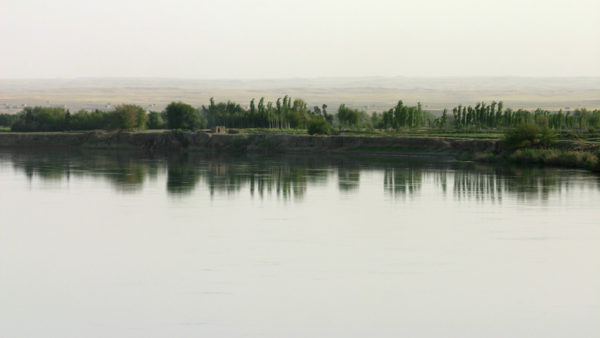14 May 2014
Qatar today announced that it would abolish its kafala system for migrant workers as part of a series of reforms to its controversial labour laws.
In the kafala system labourers are sponsored by their employers, which allows employers to have extraordinary control over workers: employers can stop workers seeking other jobs and have them deported at will.
The kafala system will be replaced by a more conventional contractual relationship.
Another controversial measure to go was the requirement that foreign workers apply to their employers for exit visas before being allowed to leave Qatar.
The exit visa system will remain, but the power to grant them will be taken over by the state, although employers will be given 72 hours to contest an application.
Employers will also be fined $13,700 instead of $2,700 for confiscating employees’ passports.
Another common criticism of Qatar has been the poor living conditions of migrant workers, particularly construction workers employed on the country’s many infrastructure projects.
The draft new labour law decrees that a "unified accommodation standard to guarantee the quality of housing for all workers in Qatar".
We want to provide more protection to expat community and workers in this country, to provide more protection and safeguard their rights– Salih Saeed Al-Sahwi, Ministry of Labour
In addition to these new standards, the Ministry of Municipality and Urban Planning will oversee the construction of accommodation for an additional 200,000 workers.
The announcements were made at a press conference held at 3pm local time by four members of Qatar’s government, including Muhammad Ahmed Al Atiq, the assistant director-general of borders, and Abdullah Saqr Al Mohannadi, director of the human rights department, who represented the Ministry of the Interior.
There were also two officials from the Ministry of Labour: Salih Saeed Al-Sahwi, manager of labour relations, and Ali Ahmad Al-Khulaifi, director of planning and quality department.
Al-Sahwi said: "We want to provide more protection to expat community and workers in this country, to provide more protection and safeguard their rights."
He added that the laws would apply to every foreign worker in Qatar, including construction workers.
In the question and answer session that followed the 15 minute announcement, the speakers declined to say when the changes would be implemented.
There was a mixed reaction to the announcements.
Michael Stephens, deputy director of the security think tank, the Royal United Services Institute (RUSI), commented on Twitter that "ending the kafala system doesn’t mean the problem of abuse and maltreatment magically disappears" and that "90% of those affected by kafala would struggle to afford a taxi to the airport, let alone by a plane ticket to leave".
Following the conference there was some confusion over what changes had been made to exit visas.
The Ministry of the Interior later issued a clarification on its website: "The system that regulates transfer of employees will be replaced with an employment contract system. If the employment contract is for a fixed term, the employee may transfer to another employer at the end of that term. If the contact is for a an indefinite term, the employee may transfer after five years from date of the contract."
It added: "Regarding the exit visa-because the process will be automated, the onus would be on the government or the employer to prevent a person from leaving the country, therefore making it more difficult to stop someone from exiting. Additionally, emergency situations will be treated differently on a case-by-case basis, and not require 72 hour notice."










